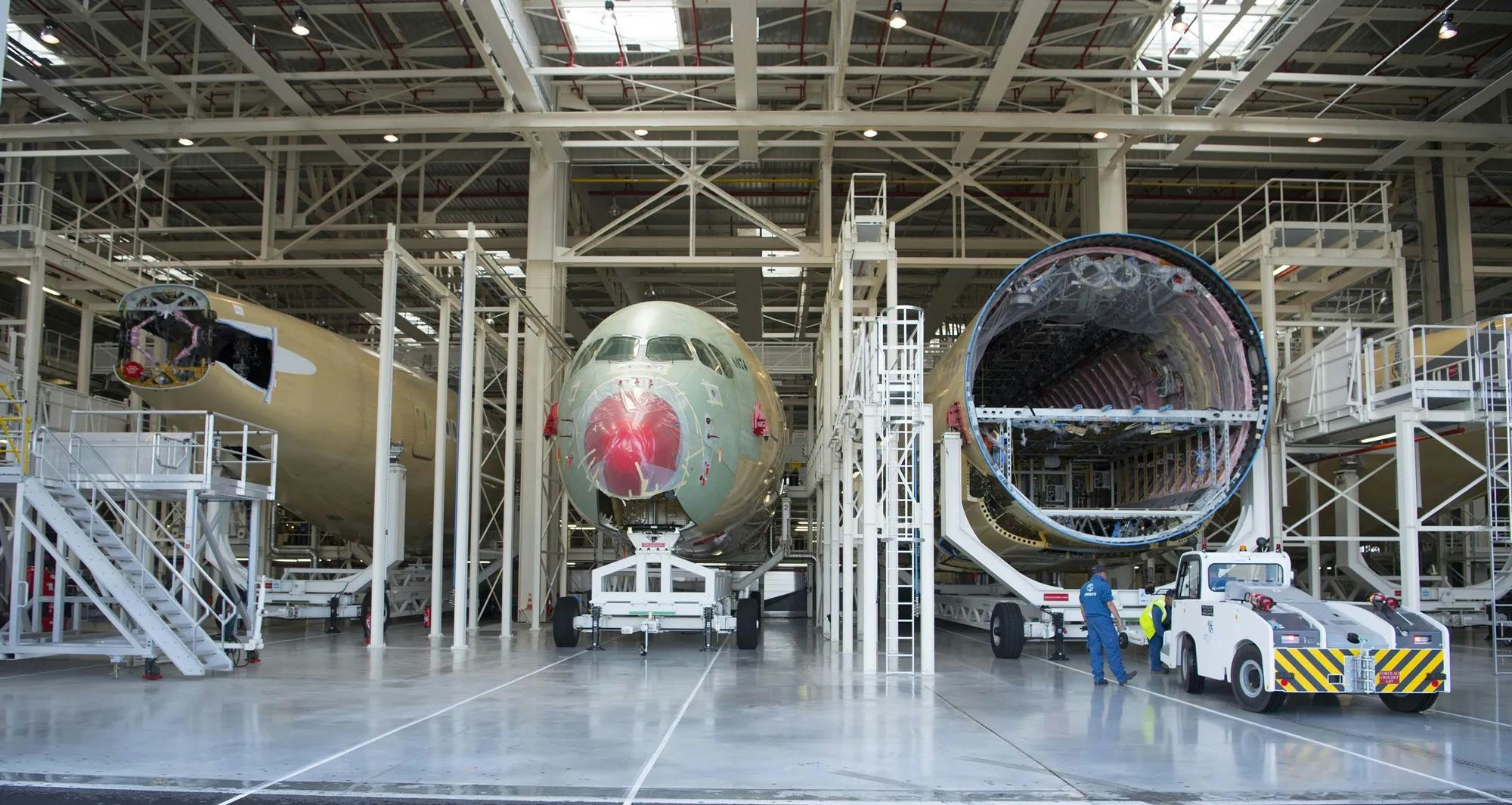エアロジニー — あなたのインテリジェントな副操縦士。
現在のトレンド
Categories
How Airbus Profits Despite Selling Planes at Half Price

How Airbus Profits Despite Selling Planes at Half Price
When Airbus announces a new aircraft, the headline list price—such as the A350-1000’s official tag exceeding $360 million—rarely corresponds to the actual amount airlines pay. In practice, manufacturers like Airbus frequently grant discounts ranging from 40 to 60 percent, and occasionally even deeper for strategically important deals. This discrepancy prompts a critical question: how does Airbus maintain profitability while selling planes at such substantial markdowns?
The explanation lies in Airbus’s intricate business model, where aircraft sales represent merely the initial step into a broader aviation ecosystem. The company capitalizes on its scale, operational efficiencies, long-term service contracts, and sustained customer relationships to secure ongoing profitability.
The Reality Behind List Prices
Airbus, alongside its primary competitor Boeing, publishes catalogue prices for each aircraft model. These figures function more as negotiation benchmarks and marketing tools than as reflections of actual transaction values. For example, while the A321neo is listed at approximately $130 million, most airlines pay between $50 and $70 million depending on factors such as order volume, timing, and customer loyalty. Widebody jets often sell for roughly half their published price.
These discounts are deliberate and strategic. Airlines operate on narrow profit margins and base fleet acquisition decisions on total lifetime costs rather than upfront expenditures alone. By offering competitive pricing, Airbus secures substantial orders and, importantly, long-term maintenance and service agreements that frequently generate greater revenue than the initial sale.
Why Selling Cheap Makes Business Sense
The commercial aircraft market is effectively a duopoly dominated by Airbus and Boeing, making market share crucial. Airlines typically commit to a particular fleet type for decades, so competitive pricing enables Airbus not only to win orders but also to lock in customers for the long term. Each aircraft sale opens avenues for recurring revenue streams from pilot training, spare parts, technical support, and system upgrades.
This approach has proven successful: the Airbus A320 has surpassed Boeing’s 737 as the most-delivered aircraft in history. In 2024, Airbus is increasing monthly deliveries, partly due to FAA-imposed production restrictions on Boeing. This momentum is further supported by a historic backlog exceeding 17,000 aircraft, driven by global supply chain disruptions that have delayed production and elevated costs for airlines. Consequently, carriers are eager to secure new jets, strengthening Airbus’s negotiating leverage.
Scale, Efficiency, and Resilience
Airbus’s ability to remain profitable despite deep discounts is rooted in its vast production scale and global supply network. Once a new model reaches full production, the cost per unit declines significantly. Components are manufactured across Europe and assembled in facilities located in Toulouse, Hamburg, Tianjin, and Mobile, optimizing efficiency and reducing expenses. As production volumes increase, suppliers offer improved terms, logistics become more streamlined, and automation advances.
The fixed development costs of programs such as the A350—estimated at $15 billion—are amortized over hundreds of units. By 2026, Airbus aims to produce 75 A320-family aircraft per month, further lowering costs and enhancing profit margins.
Meanwhile, the business aviation sector remains robust, thriving despite tariff uncertainties and further reinforcing Airbus’s market position.
In essence, Airbus’s capacity to generate profits while selling aircraft at half their list price underscores the strength of its scale, strategic pricing, and the enduring value of long-term customer relationships within a complex global industry.

Capital A Completes Sale of Aviation Business to AirAsia X

Four Gateway Towns to Lake Clark National Park

PRM Assist Secures €500,000 in Funding

Should Travelers Pay More for Human Support When Plans Go Wrong?

InterGlobe Aviation Shares Rise 4.3% Following January Portfolio Rebalancing

Key Market Segments Shaping Airline Route Profitability Software

Locatory.com Gains Traction Among Aviation MROs and Suppliers

JetBlue Flight Makes Emergency Landing Following Engine Failure

58 Pilots Graduate from Ethiopian University

The Engine Behind Boeing’s Latest Widebody Aircraft
